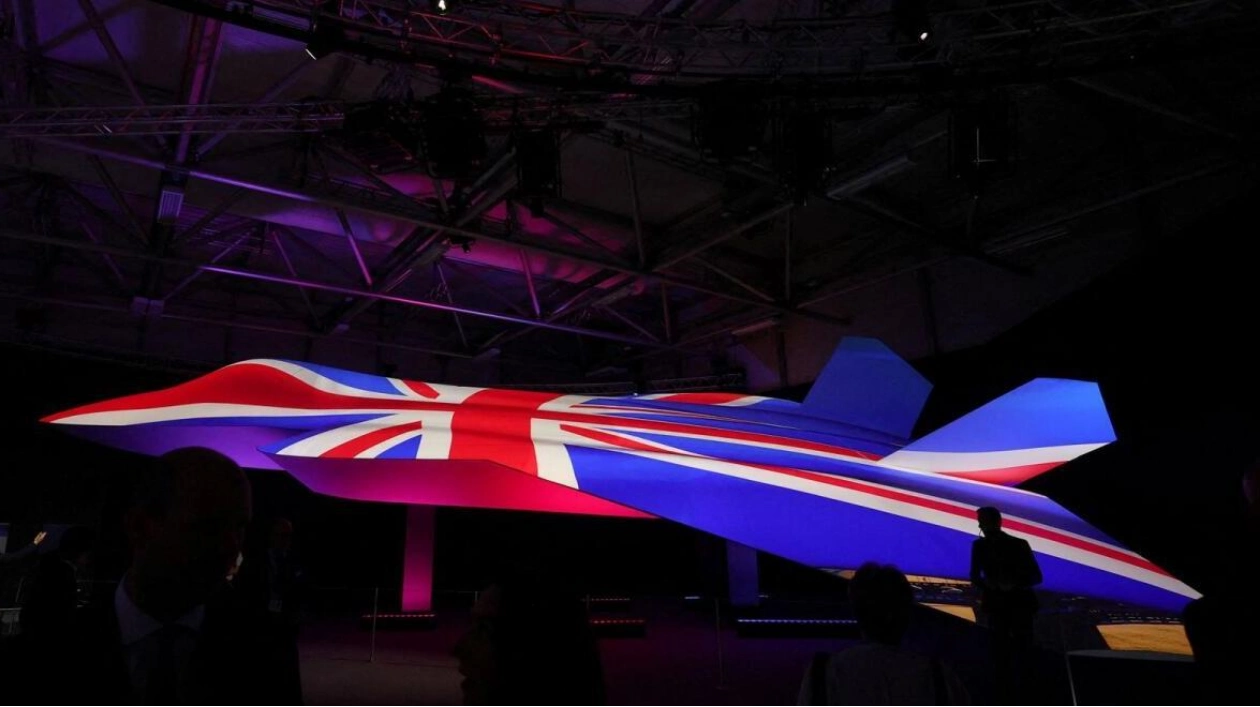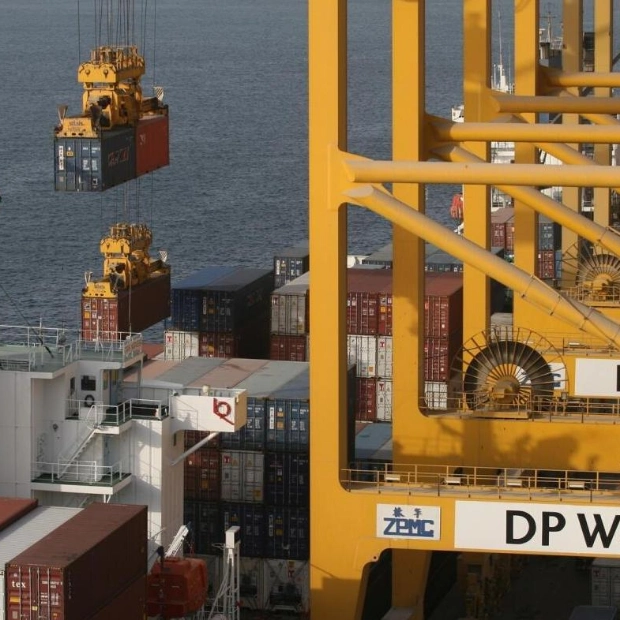A decision by the United States to ease restrictions on the transfer of military equipment and technology to Britain and Australia is set to strengthen the AUKUS security partnership among the three nations, according to government and industry officials at the Farnborough Airshow. The AUKUS alliance, established in 2021 to counter concerns over China's increasing influence, involves a commitment of A$368 billion ($245 billion) to assist Australia in obtaining nuclear-powered submarines.
Brian Burton, a senior advisor at the US Department of Defense focusing on international and industrial base policy, highlighted during a panel at the airshow that the objective is to enhance industry collaboration across the three countries. In April, the State Department suggested easing licensing requirements for the transfer of military equipment and sensitive technology between the US, Australia, and Britain under AUKUS. The final rule was approved by the White House regulatory office on July 19 and is expected to be published in August.
"The measures we are implementing, particularly in the regulatory sphere, are designed to be enduring. Once these changes are made, reversing them becomes very challenging," Burton stated. Matthew Steinhelfer, a senior advisor on AUKUS at the State Department, emphasized the strong bipartisan support for AUKUS in Congress.
"We are highly optimistic about the significant and bold steps we will take to facilitate AUKUS," Steinhelfer added. Dak Hardwick, vice president for international affairs at the Aerospace Industries Association, which represents numerous defense contractors, described the rule change as "the most significant modification to the arms export control act since its enactment in 1976."
Shimon Fhima, director of strategic programs at Britain's Ministry of Defence, discussed the next phase, which involves creating an environment conducive to sharing information, collaborative work, and collective procurement of defense materials. Kylie Wright, Australia's assistant secretary for defense industry, noted that "we are systematically addressing each of the three systems to remove barriers that hinder seamless and interoperable operations."






